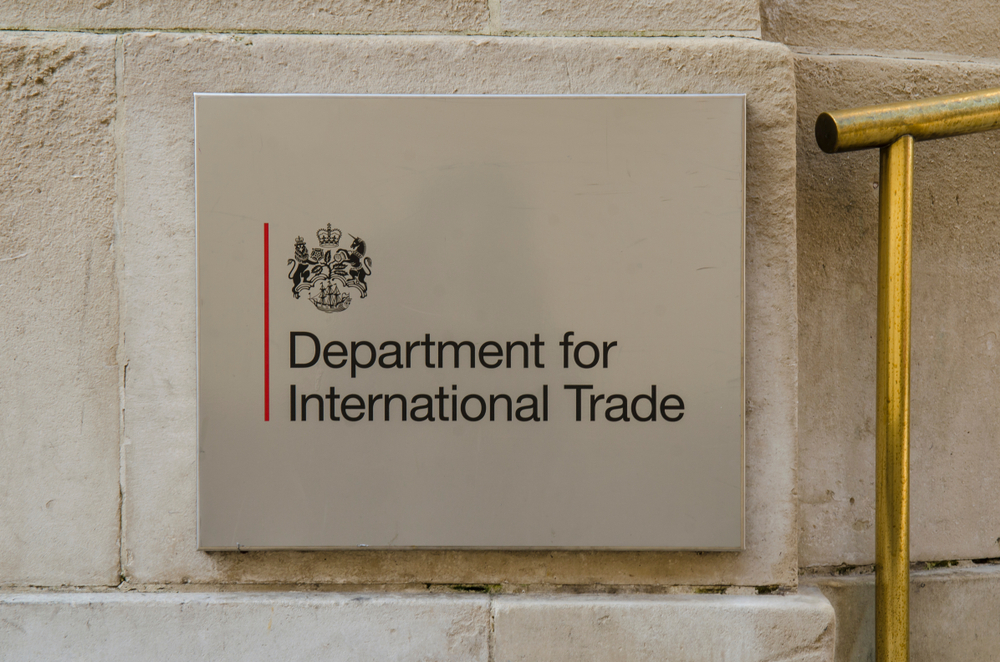
COVID-19 has derailed virtually all plans for 2020. Not least, it kicked Brexit into the proverbial long grass for many months, with the Government understandably focused instead on containing the virus and offering financial support for those affected by it.
However, a cursory glance at the news will tell you that the B-word is back on the agenda; Boris Johnson and his team of negotiators have once again been in talks with EU officials in Brussels to agree a new trade deal with the bloc.
As many will remember, Brexit formally took place on 31st January 2020. However, a year-long transition period means the UK is still abiding by EU rules – and trading regulations – until the end of the year.
With less than four months to go until the transition period expires, the pressure is on for the UK and EU to agree a new trade deal. Failure to do so would mean Britain and the European bloc would instead trade on less-than-favourable WTO terms.
However, Johnson et al have a much bigger job than just negotiating with Brussels; they must simultaneously agree new trade deals with other world powers. After all, much of the ‘Leave’ campaign back in 2016 centred on the UK’s ability to forge its own economic path once it left the EU – it could create its own free trade agreements (FTAs) with countries in every corner of the globe, prioritising those where the “synergy” was at its strongest.
That time has come. And positively, as I’ve written about previously, the Government has signalled its intent to embark on a bold post-Brexit trade strategy. Stories have also surfaced that trade talks are progressing with the likes of Canada and the US, while an FTA was announced with Japan just today.
Interestingly, One World E-commerce commissioned an independent survey in late July 2020 touching upon this topic – over 500 UK companies were quizzed about which nations (or blocs) they would like to see the Government prioritise when it comes to post-Brexit trade deals.
We found that EU was comfortably the most important in the eyes of business leaders; 76% see this as a priority. This should come as no surprise – the EU is the UK’s largest import and export market by some distance.
Meanwhile, among other big countries, the US (52%) was regarded as a more important nation to enter into an FTA with than the likes of India (45%) and China (34%).
Depending on its industry, supply chain, and customer-base, every business will have its own priorities when it comes to post-Brexit trade. What is clear, however, is that the pressure is mounting on the UK to make quick progress in its trade talks; unless dozens of deals are agreed by the time 2021 arrives, British companies could be facing harmful trade tariffs when selling or buying cross-border, which in turn would be highly damaging to the country’s economic recovery.
With a pragmatic approach and sufficient urgency, there is no reason the Government cannot fulfil the promise of the Leave campaign and strengthen the UK’s position as a trading power – but the clock is ticking.